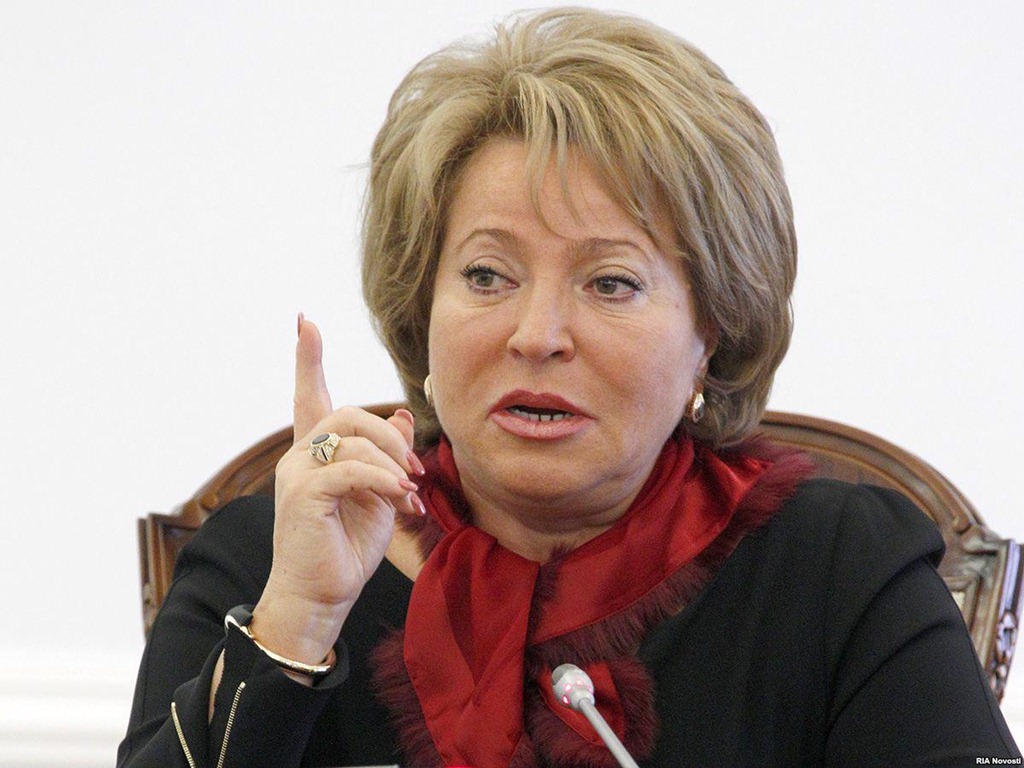In what many are calling “the Putin effect,” countries across Eastern Europe, including even Belarus, nominally Russia’s closest ally, are now arming themselves even when they have to cut social welfare spending because, in the words of one commentator, “no one wants to be the next Ukraine.”
This sacrifice makes them producers of security and not just consumers who rely on others, including NATO and the United States, whatever some Western politicians may say; and it is an indication of just how frightened they are that the Kremlin leader, however bogged down he may be in Ukraine, appears to them as a continuing existential threat.
Some of the increases these countries are making in their defense structures are usefully surveyed today by the Belsat news agency.
Poland has done perhaps more than anyone else, beefing up its territorial defense and increasing the size of its military, including the development of a system of reserves modeled on the US National Guard and plans to purchase new weapons systems in the coming years.
The Czech Republic, Belsat says, has moved in “the very same direction,” approving a security and foreign policy strategy based on the proposition that Russia is now a major threat. It has increased defense spending, as has Slovakia for the same reasons.
The three Baltic countries have increased the size of their forces and their spending on defense. Estonia plans to spend over the next four years more than Belarus does. Latvia is raising its defense spending to two percent of GDP. And Lithuania is forming special forces and a trilateral force with Poland and Ukraine. The Scandinavian countries are also increasing their defense capacity and links with NATO.
Estonia, Belarus and Ukraine have retained the draft, and Latvia is thinking about restoring it in order to guarantee a sufficiently large defense force. Finland has a draft, and Sweden is now debating restoring obligatory military service.
Related:
- “Europe’s fatigue from Ukraine is the aggressor’s greatest ally” — appeal of European intellectuals
- Hitler-Stalin pact still casts a shadow over Europe 77 years on
- The far-right front of Russian active measures in Europe
- Ukraine’s unrequited passion for Europe
- The rapidly changing landscape in Europe
- Ukraine — the bastion of a new, better order in Europe








